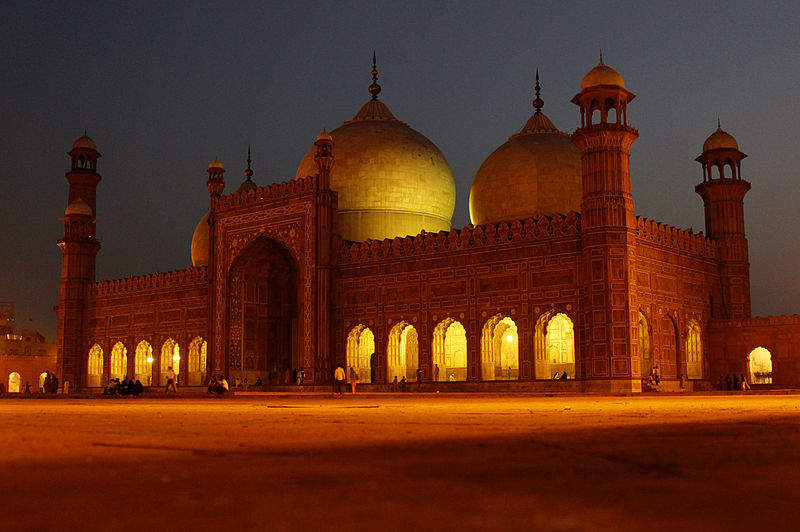
Brands and supermarkets in the UK are increasingly targeting Muslims observing Ramadan, which leads to increased spending on food and gifts during the religious period.
Ramadan is a period of fasting observed by those of the Islamic faith. This year, it starts on 15 May and ends with the Eid al-Fitr holiday on 14 June.
According to new research, the Ramadan economy in the UK is worth at least £200m annually. Supermarket chains, such as Tesco, Sainsbury’s, Asda and Morrisons are increasingly promoting products and special offers on popular food items during Ramadan, particularly in areas with a large Muslim population, while cosmetics brands such as MAC and The Body Shop sell goods packaged as Eid gifts during the celebrations.
But while the trend of promoting Ramadan is increasing, more than three-quarters of British Muslims want retailers to pay more attention to the celebrations, according to the Great British Ramadan, a study by Islamic marketing consultancy Ogilvy Noor.
“Muslims feel that Ramadan and Eid are ignored,” the report reads: “They see the nation proudly gravitate towards cultural and religious holidays such as Chinese New Year and Diwali. They are saying it’s also time to embrace Ramadan and Eid.”
A State of the Global Islamic Economy report found that the Islamic economy is estimated to be worth more than £3tn by 2021. It is also growing at nearly double the rate of the general worldwide economy. The Islamic economy sector includes halal food, Islamic finance, halal travel, modest fashion, halal media and recreation, and halal pharmaceuticals and cosmetics.
This June, the recently renovated shopping centre Westfield London is hosting its first Eid festival, which will include catwalk shows, pop-up food stalls, special offers and performances.
According to the festival’s promotional material, ‘the Muslim pound is seen as a valuable and largely untapped opportunity in the UK economy’.
The study found that two-thirds of Muslims plan financially for Ramadan and Eid, and more than half are concerned about their concentration during the month-long daylight fast and two-thirds worry about dehydration.
Chicken and chips are a favourite among 18 to 24-year-old British Muslims who eat a range of food over two meals.
Gift-giving, buying new clothes, eating out and family gatherings are key features of Eid holiday.
During Ramadan, charitable donations also increase, particularly among the 25 to 34-year-olds. Last year, donations to Muslim charities through the JustGiving website increased by almost 500%.
Ogilvy Noor vice-president Shelina Janmohamed said: “The Ramadan season is one of complete life transformation, which brings with it an economic surge.
“We conservatively estimate this to be upwards of £200m each year, covering everything from financial planning to food, eating out, clothes, toys and gifting. Following only Christmas and Easter in scale and size, this is surely Britain’s biggest untapped business opportunity.”
Many Muslims observing Ramadan begin to prepare for the celebrations two weeks before its start date. According to Janmohamed, brands and retailers should foresee the opportunities of the Ramadan season.
“In the UK, you don’t have three days of shutdown over Eid like you do in the Middle East,” she added. “Only about half of people take time off work, so Eid visits and celebrations are spread out. If brands can play a useful role in Muslims’ experience of Ramadan, if they can help with planning or freeing up time for spiritual or social activities, that is very welcome.”



